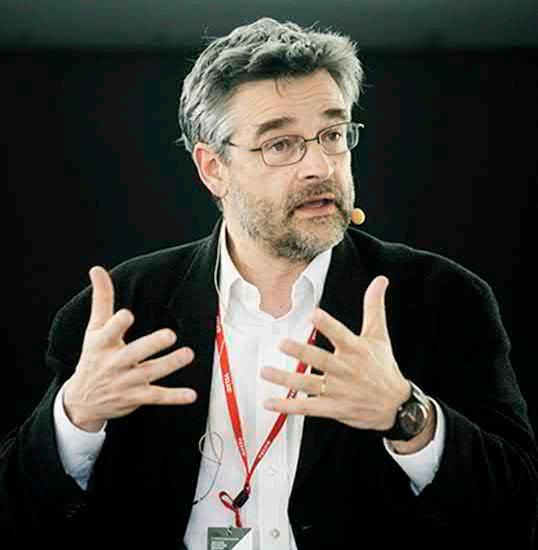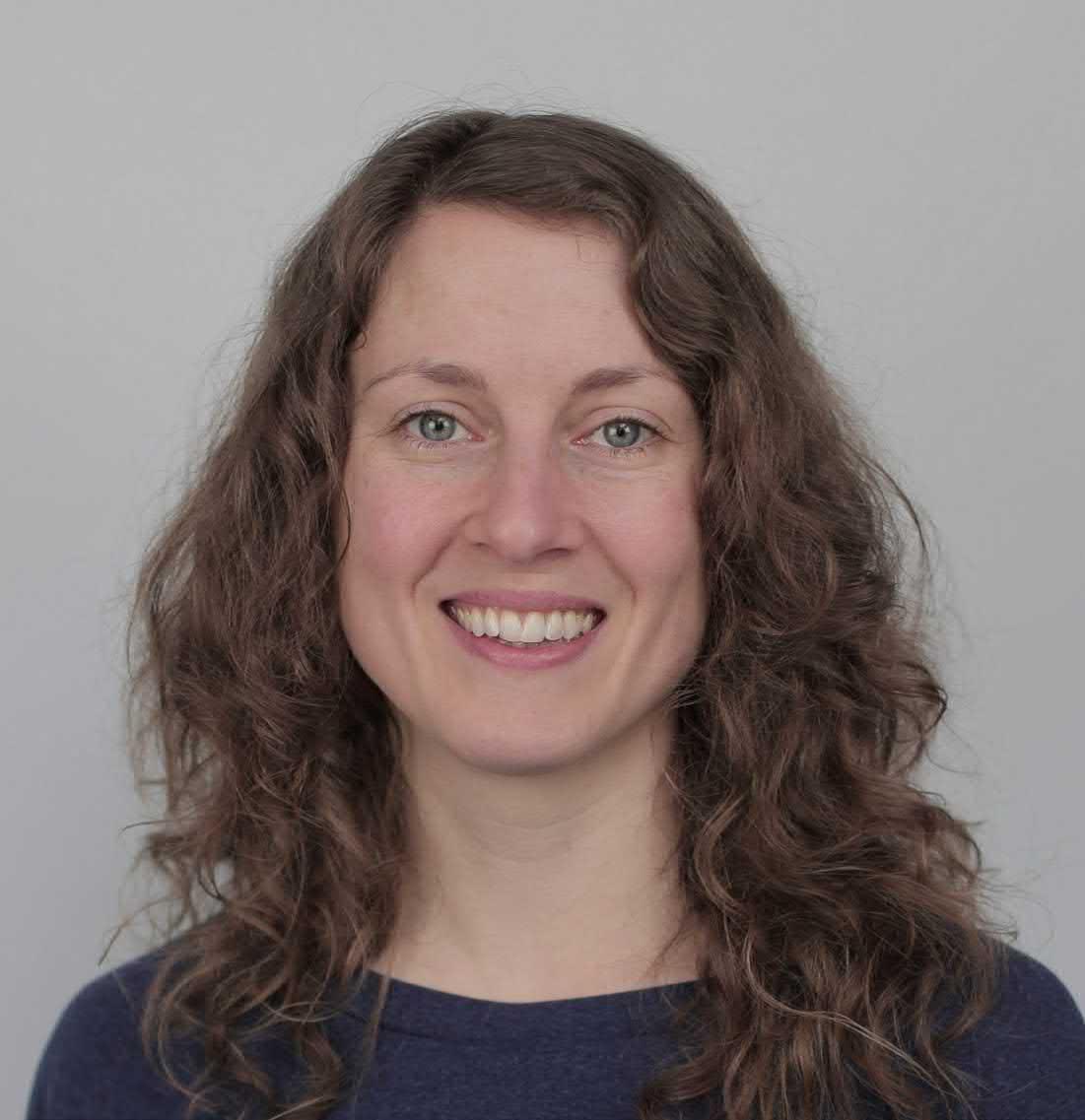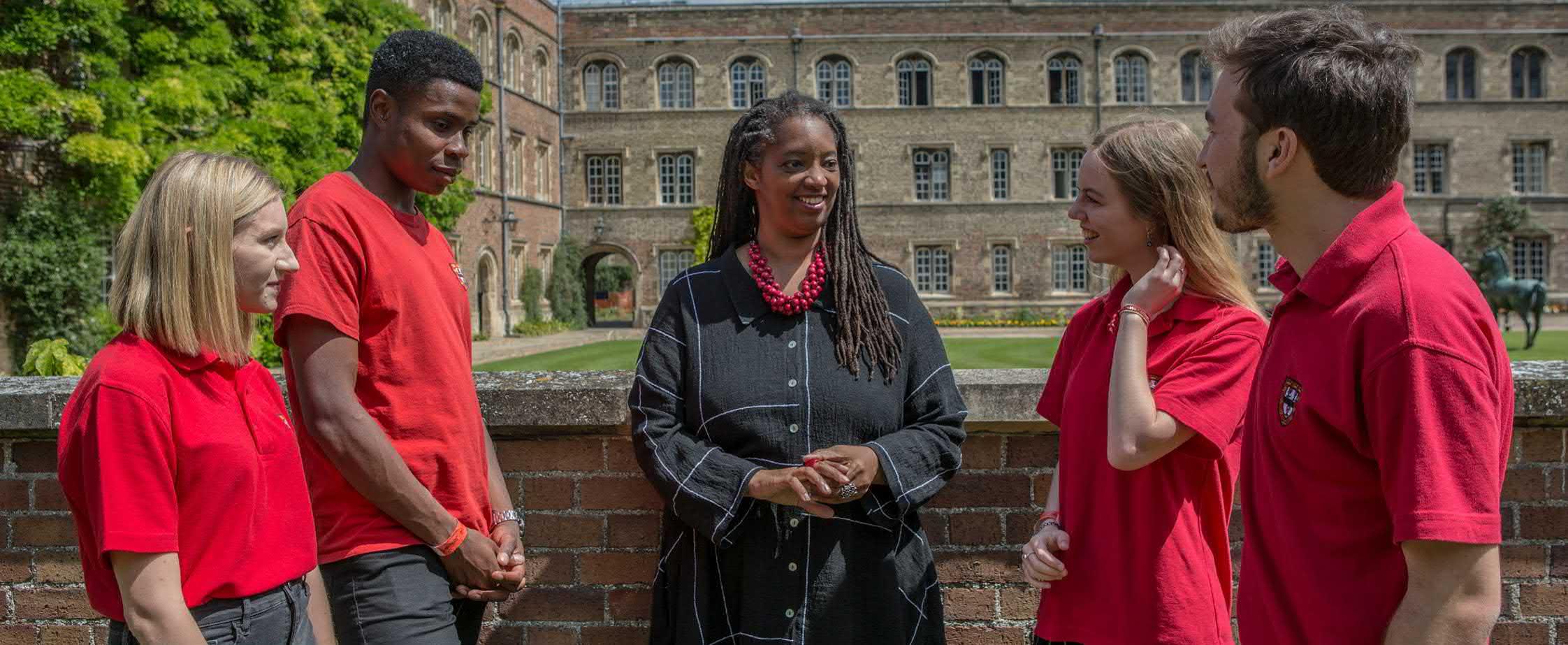
5 minute read
Our Fellows’ research
Research into sustainability
Jesus College is proud of the research work of its Fellows, many of whom focus on areas affecting the UN’s Sustainable Development Goals. Here is a glimpse into some of their work.
Dr Shailaja Fennell
Shailaja Fennell is Director of Research at Cambridge Central Asia Forum, a Reader in Regional Transformation and Economic Security, and a Fellow of Jesus College.
My current research work is working with communities that live in semi-arid regions (between 250-500 mm of annual rainfall) to investigate patterns of agricultural production and consumption.
A typical group of crops grown in these regions are from the group of highly variable small-seeded grasses, widely grown around the world as cereal crops/grains and known collectively as millets (some of which, such as barnyard millets or sorghum, are known as health foods in the Global North). The health benefits of millets arise from their particular characteristics: they are gluten-free and have low Glycaemic index (GI), making them suitable for diabetics, weight-watchers and people intolerant to wheat. My research examines how innovative methods of cultivation and processing can be introduced into these communities, so that they can augment traditional practices to support current systems of cultivation and move toward sustainable food systems.
At College, I have appreciated the increase in vegetarian meals, and would be happy to participate in further consultations as I enjoy cooking and eating a wide range of global vegetarian foods. I have a particular interest in traditional cereals, including heritage varieties, and my current research compiles the typical millet-based meals eaten by communities in the Global South.
Further progress in Cambridge could be made in the areas of reduction of and recycling of waste. In particular, the University and College could move towards having a policy of banning use of single-use plastics, for example, ensuring that there is provision of water fountains in every building, so that staff and students can fill water bottles rather than buy water in plastic bottles. It is important that we recycle the kitchen waste in all College and University eateries into compost to use in the University and College gardens.
In addition, the College could discuss the rewilding of more of the gardens to allow the return of bees and butterflies.
Professor Koen Steemers
Koen Steemers is Professor of Sustainable Design and Director of Studies at Jesus College. His academic activities are focused on the environmental performance of buildings and cities.

I have researched energy efficient building and urban design for over 20 years. Currently, I study the impact OF users (their perception and behaviour) on the built environment (this has a major effect on the environmental performance of buildings) and ON users (implications of the built environment on health and wellbeing). This leads to opportunities to improve quality of life through design.
I sit on the Environment Committee, which is in its early stages, but has an urgency and a desire to make quick impacts. As a member of the Buildings Committee and Kitchen Development Planning Group, I have been involved with some exciting initiatives. Perhaps most impactful was the decision to install a large network of ground source heat exchangers, linked to a heat pump. This means that the College will be able to limit and ultimately avoid the use of natural gas (and its associated greenhouse gas emissions) to heat its buildings. There are plans to develop the kitchens with ambitious environmental specifications, including the use of natural light, minimising food waste and using ground source heating for hot water.
The regular maintenance cycles of the College buildings offer ideal opportunities for environmental improvements, ranging from upgrading fabric with improved thermal insulation, to installing sensors and smart technology to limit energy demand.
We all make daily choices that can have a large impact when accumulated over the wider population; food choices, the clothes we buy and decisions about work and travel. Since the COVID-19 lockdown, life has become simpler and more focused on the essentials (and the environment has dramatically improved). Working from home is currently the norm, which reduces the pressure to travel for international conferences or to commute to supervisions and meetings (now we meet online).
Dr Ellen Quigley
Ellen Quigley is advisor to the Chief Financial Officer of the University (Responsible Investment), Senior Research Associate with the Centre for the Study of Existential Risk.

I hope that my area of research will have a positive impact on sustainability by helping to alter investment and corporate behaviour and various functions of the financial system. We want to see capital shifted away from environmentally destructive companies and towards regenerative alternatives. Jesus College is taking the right first steps by taking part in engagements with fund managers and its bank, working with other Colleges to change land management practices, and more. There is an opportunity for us to play a leadership role in this area and set an example for other Colleges to follow.
The changes to the College kitchen and catering have been encouraging. It is great that we are reducing food waste and offering a variety of good vegetarian and vegan food. I’d like to see beef and lamb off the menu completely, of course, as cutting out these meats would make a huge difference to our carbon emissions.
We need to make more systematic changes to our policies and rules in order to steer behaviour and create a new normal. We could incentivise land travel over plane travel for conferences and meetings, by only funding train and Eurostar travel throughout Europe. We could incentivise bus travel by providing bus passes and changing our policy on parking to reduce the number of staff and Fellows commuting by car. I believe much of the latter is already underway, though, which is great.
Our researchers have an important part to play in aligning the College with this transition. Could new Fellows and PhD students be selected at least partly on the basis of how their work supports our vision for sustainability? Could we support all current associates to align their research with this vision?
Educating and engaging the community is vitally important, and I think the best moment to do this is on arrival to Cambridge. People need to understand the basics of the energy, food, transport, and the financial system as soon as they join our community. Introductory training - say, a week-long crash course - could be made mandatory for new arrivals so that they can get involved, help the College achieve its goals, and take this knowledge into future roles.










